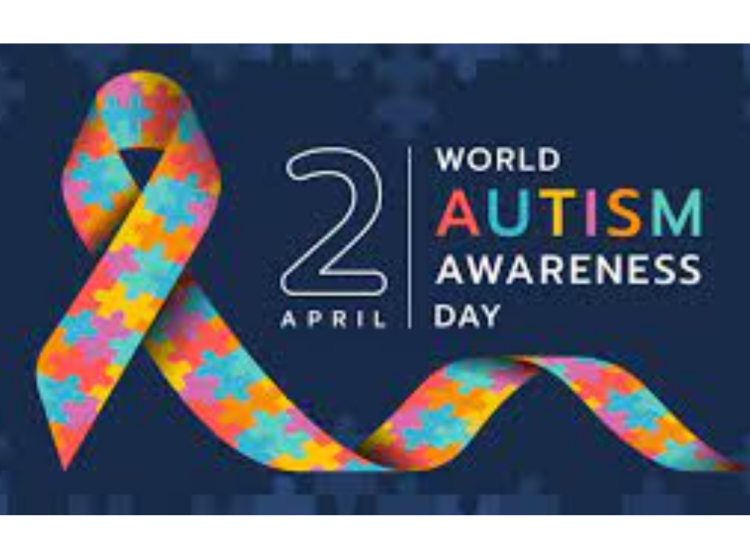World Autism Awareness Day (WAAD) is an internationally recognised day that is observed on April 2nd every year. The day is dedicated to raising awareness about Autism Spectrum Disorder (ASD) and promoting acceptance and understanding of individuals with the ailment.
In Nigeria, the day is observed with various activities and events aimed at increasing public knowledge about autism and providing support for individuals with the condition and their families.
It is instructive to note that Autism Spectrum Disorder is a developmental disorder that affects communication, social interaction, and behavior. It is a complex disorder with a range of symptoms that can vary widely in severity, and it affects individuals of all ethnic and socioeconomic backgrounds.
Autism is a lifelong condition, but early diagnosis and intervention can greatly improve outcomes for individuals with the disorder.
In Nigeria, the prevalence of autism is estimated to be 1 in 88 children, according to the World Health Organization (WHO). However, due to a lack of awareness and understanding about autism, many cases go undiagnosed or misdiagnosed. This can result in individuals with autism not receiving the appropriate support and services they need to reach their full potential.
Sadly, the awareness of autism in Nigeria is abysmal. Most parents and health workers often fail to detect autism early in children. In some cases, the children achieve all milestones of their age mates, and only when some of them have speech impediments that parents begin to notice.
Autism experts said that although there are no known causes of autism, some predisposing factors contribute to a child developing the condition.
In the considered opinion of this Newspaper, it is therefore crucial that we raise awareness about autism in Nigeria and increase understanding of the disorder. This includes educating the general public, healthcare professionals, and policymakers about the signs and symptoms of autism, as well as the importance of early diagnosis and intervention.
One of the key challenges in raising awareness about autism in Nigeria is the lack of resources and services available for individuals with the disorder and their families. Many families face significant financial and logistical barriers when seeking diagnosis and treatment for their children, which can lead to delays in diagnosis and treatment.
To address these challenges, it is essential that the Nigerian government and private sector increase their investment in autism research and services. This includes increasing funding for autism research, as well as providing more resources and support for families of individuals with autism.
In addition, it is important that healthcare professionals receive adequate training in the diagnosis and treatment of autism. This includes training for primary care physicians, pediatricians, and mental health professionals, as well as training for teachers and other professionals who work with individuals with autism.
Another important aspect of raising awareness about autism in Nigeria is reducing the stigma and discrimination faced by individuals with the disorder and their families.
Unfortunately, many individuals with autism face discrimination and exclusion from society due to a lack of understanding about the disorder. This can have a significant impact on their mental health and wellbeing, as well as their ability to access education, employment, and other opportunities.
To address this, we must work to promote acceptance and understanding of individuals with autism in Nigeria. This includes promoting positive portrayals of individuals with autism in the media, as well as advocating for policies and programs that promote inclusion and accessibility for individuals with disabilities.
The statistics of autistic children in Nigeria are poor because of the low awareness of the spectrum and it keeps increasing every year in the country. It is rarely talked about in Nigeria.
For instance, most people in rural areas are oblivious to the autism spectrum as they claim it’s a demonic disease or witchcraft.
According to experts, symptoms to look out for to help in early detection include; limited eye contact, stemming, which could be flapping of arms, tantrum behaviors, limited speech, and another spectrum of autism disorder in those that are extremely intelligent but find it difficult to converse with people.
The good news is that with early detection and management, most autistic children can live normal lives.
Furthermore ,World Autism Awareness Day provides an important opportunity to raise awareness about autism in Nigeria and promote acceptance and understanding of individuals with the disorder.
By working together to increase awareness, reduce stigma, and provide support for individuals with autism and their families, we can help to ensure that everyone has the opportunity to reach their full potential, regardless of their abilities or challenges.





